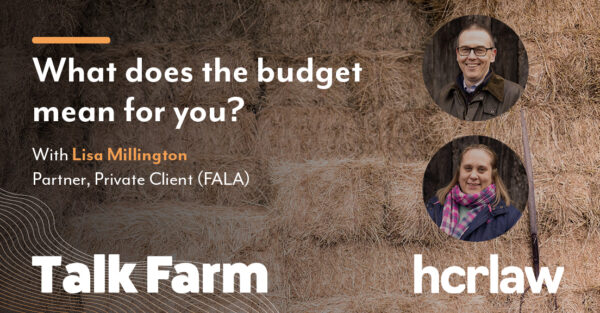

The King’s speech, delivered on 17 July 2024, sets out the government’s legislative plans and agenda. Over 35 draft bills were announced, and the government will soon begin taking steps through both the House of Commons and House of Lords to achieve royal assent to those bills.
A number of these have implications for rural communities and landed estates and we have outlined below a summary of some of the key points.
Great British Energy Bill
A new bill is to be introduced to encourage the production, distribution, storage and supply of clean energy and the reduction of greenhouse gas emissions. The aim of the bill is to transition to clean energy and improve energy efficiency, with the added hope of lowering energy bills for consumers over time.
The bill aims to set up Great British Energy, a new publicly-owned clean power company headquartered in Scotland which is to increase investment in renewable energy with the intention of owning and managing projects up and down the country. The likely focus here being on onshore wind, offshore wind and solar sites.
Renters’ Rights Bill
Legislation is to be introduced to overhaul the private rented sector to give greater rights and protections to people renting their homes, including ending “Section 21” no fault evictions and reforming grounds for possession.
The bill appears similar in nature to what was included in the previous government’s Renters (Reform) Bill carrying forward similar protections for tenants. The government intends to set clear legal expectations on landlords regarding building safety to make homes safe where they contain serious hazards.
A digital private rented sector database is to be introduced under the bill to bring together key information for landlords, tenants and councils. Tenants will be able to access information before entering into new tenancies. Landlords will be able to quickly understand their obligations and demonstrate compliance, providing certainty for tenants. Councils will be able to use the database to target enforcement where needed.
Planning and Infrastructure Bill
The aim of the bill is to get Britain building, including through planning reform, as the government seeks to accelerate the delivery of high-quality infrastructure and housing.
The government wants to speed up and streamline the planning process to build more homes. This includes making improvements to the planning system at a local level, modernising planning committees and increasing local planning authorities’ capacity to deliver an improved service and overhauling the rules on compulsory purchase of land.
The government has announced the launch of a consultation on the National Planning Policy Framework, including restoring mandatory housing targets and the review of greenbelt boundaries to assist with meeting housing targets where needed.
While it remains to be seen if these bills will become law, landowners and their tenants should be aware of these proposed changes and take advice where necessary.










